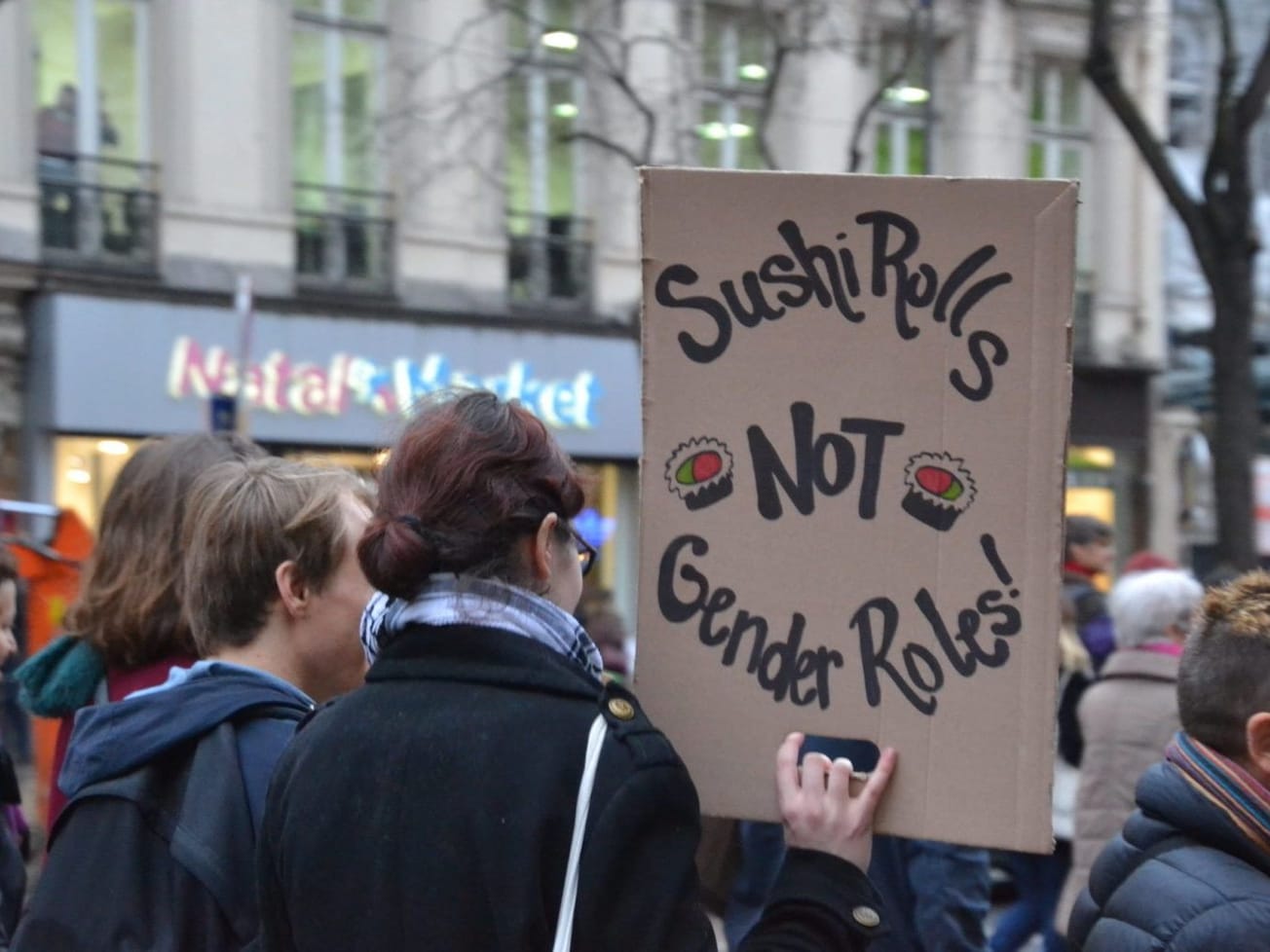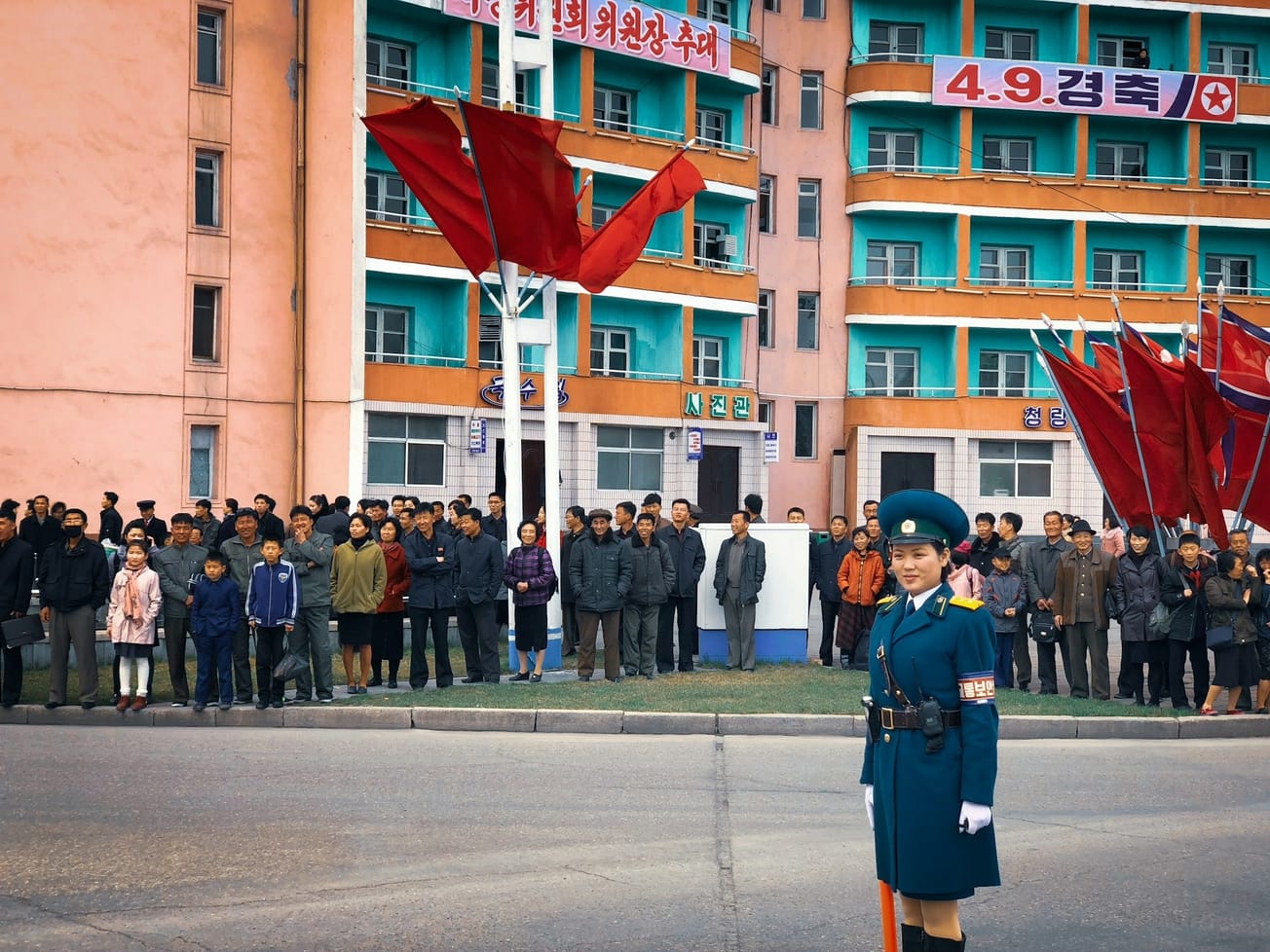UNITED NATIONS (AN) — A U.N.-led global commission on Monday recommitted the world to achieving gender equality, in a relaunch — and update — of a quarter-century old landmark agreement for advancing the rights of women and girls.
The Commission on the Status of Women agreed by consensus that nations should fulfill the policy goals of the 150-page Beijing Declaration and Platform for Action on gender equality that resulted from the Fourth World Conference on Women hosted by China in September 1995.









